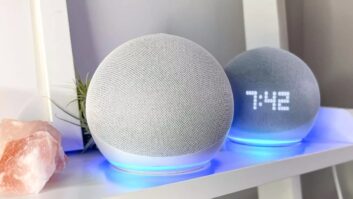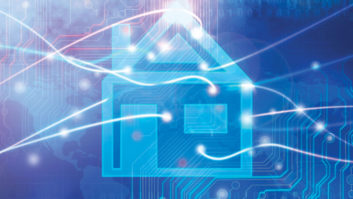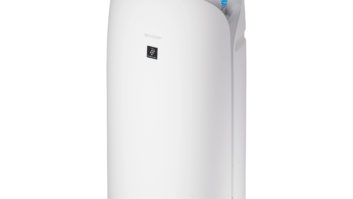The highlight of TWICE’s annual trip to Las Vegas for CES often comes in the first hour of the show. Because just as day 1 is kicking off, in a small boardroom in the depths of the Westgate Hotel an ever-changing lineup of top retailers, distributors and buying group execs gather for our annual TWICE Retail Roundtable.
The Roundtable was conceived many years ago by senior editor Alan Wolf as a way to take the pulse of the CE retail industry. The execs come alone for the most part, with no audience and no scripts, for a freewheeling, open-ended conversation on the hot topics of the day.
Over the years we have traced the trajectory of the rise of e-commerce; the consolidation of brick-and-mortar; the digital television revolution; the rise and fall and rise again of the home audio category; and the endless search for margin, among many others.
This year’s Roundtable was unique in that one topic dominated almost the entire session: the Internet of Things, or the Connected Home, or the Smart Home, or whatever other name you want to give to describe a world where very soon, every device will be connected to every other in some way.
A walk around the show floor was all it took to realize that the era of connectivity, long promised, has finally arrived.
What I learned from observing this year’s Roundtable is that even the savviest of retailers aren’t sure how this new connected world is going to translate into sales at the register.
Part of the problem is that, while it has become simple and inexpensive to add connectivity to devices, unless there is a compelling use case for being connected, the consumer doesn’t much care. As Crutchfield’s Rick Souder put it: “Here is our new ‘whatever,’ a generally traditional device, and it is connected. We’re not exactly sure what is going to happen when it gets connected or what it will do, but it is connected. Build it and they will come, I guess.”
What the category needs is the equivalent of the killer app. That is, a gateway product that is simple to set up and easily extends useful connectivity to other devices. There have been some hard-hit balls: The Nest thermostat, Belkin’s WeMo smart plugs, Apple’s HomeKit, but no one has hit the home run yet.
In my opinion, the closest thing to a home run has been Amazon’s Echo smart speaker. New Age Electronics’ Fred Towns cited it as a product that they are looking at closely to build out an ecosystem of products. And Amazon’s CE VP Laura Orvidas acknowledged that the Echo was one of the most gifted products of the holiday season.
The genius behind Echo is its versatility. I bought mine almost exclusively to be able to stream music and move it from room to room, but within a day I found I had moved on to using it to check my calendar and update my shopping list. The very accurate voice control capability made it simple. And Amazon made it very simple to order some WeMo plugs so I could control some of our lights.
Just last week Amazon sent me an email telling me that I can now stream my Spotify account through the Echo, and I can order an Uber car via voice command, as well as Domino’s pizza. The capabilities are being added gradually, in a seamless way that does not complicate its use.
The Echo may not be the killer app, but it comes close — close enough that I am convinced that Apple or Google or some other disruptor will soon come even closer. It gives me hope that, whatever it is, it will dominate the conversation at next year’s Roundtable.













